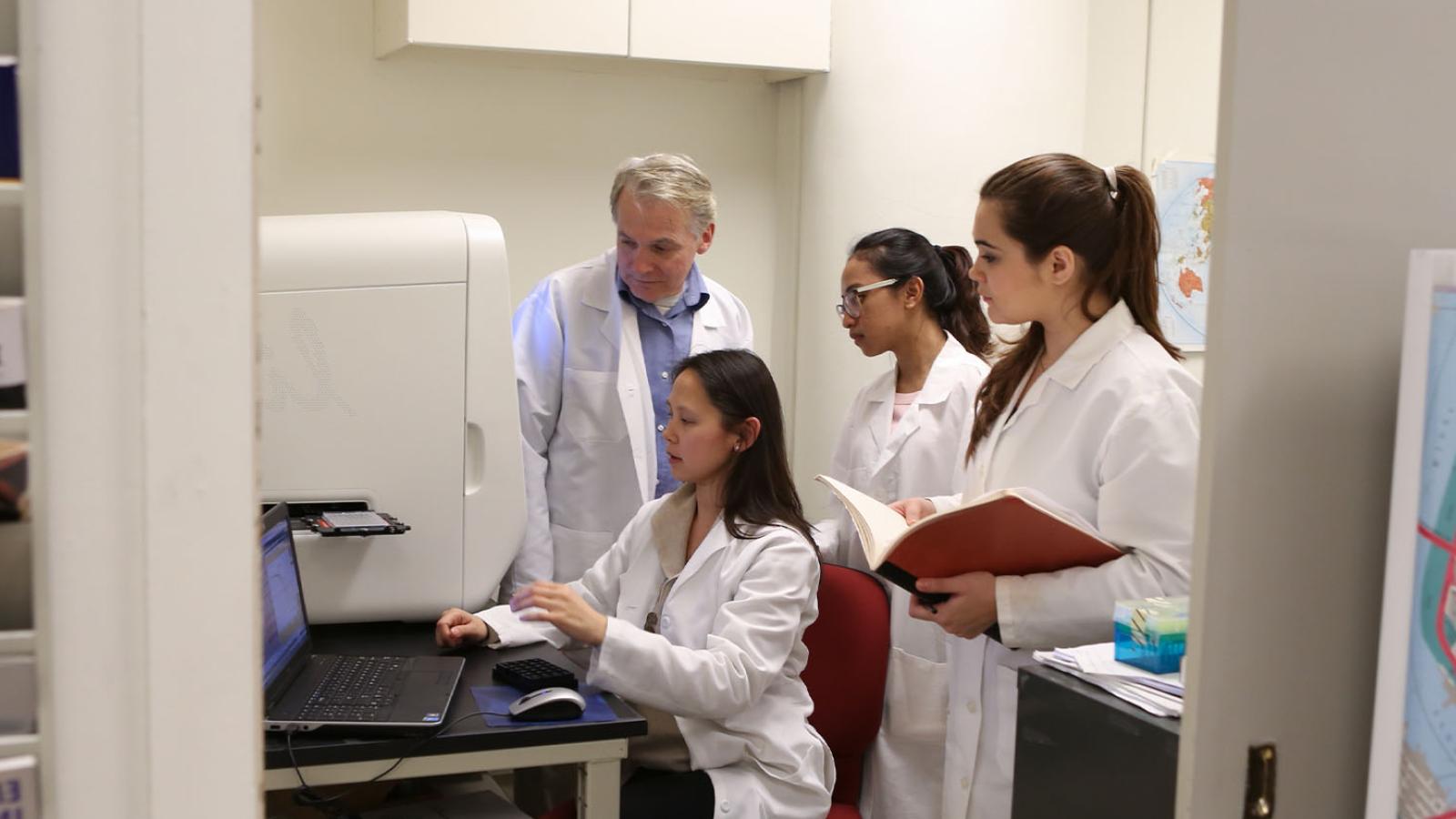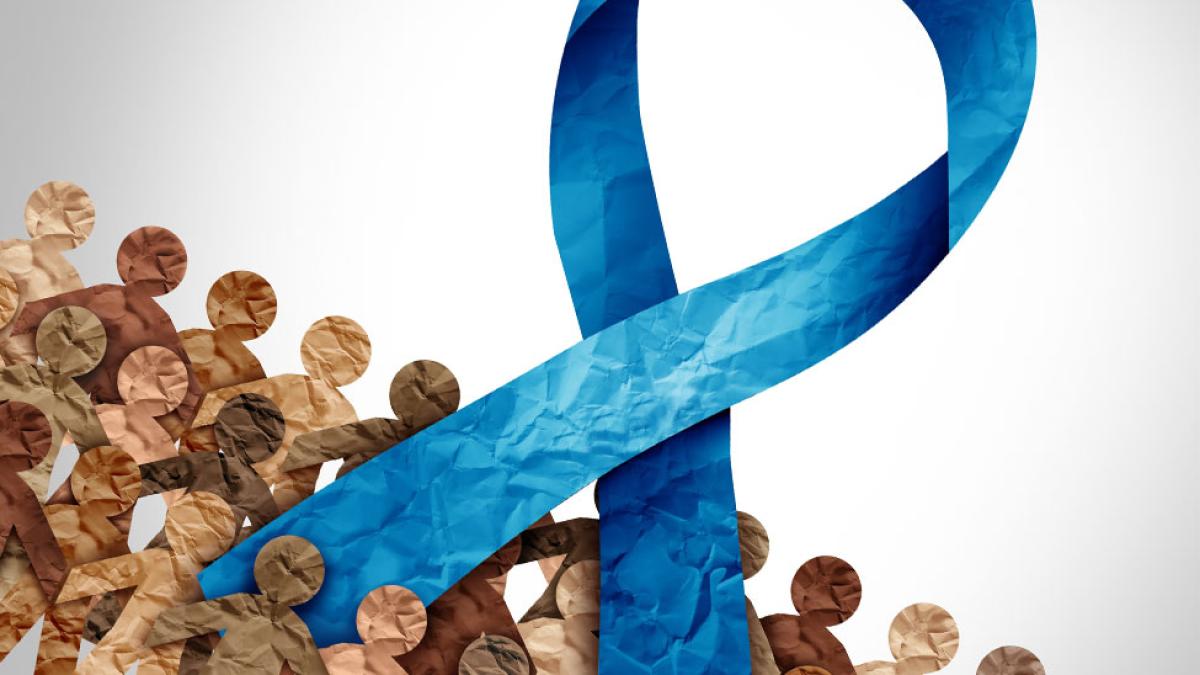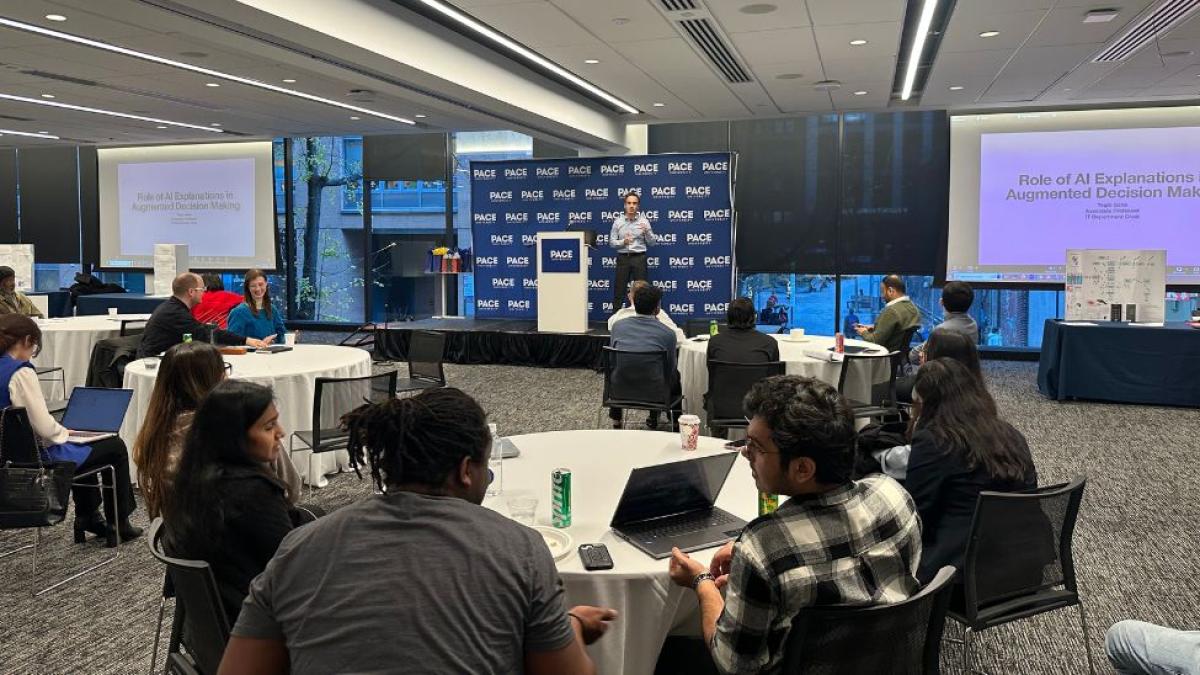As the spring semester gains momentum, President Krislov reflects on the spirit of Pace—one of resilience and innovation—and invites us to come together for the 2025 State of the University Address to discuss the challenges and opportunities ahead.
International Research for Global Impact

For decades, Human African Trypanosomiasis (HAT), or sleeping sickness, has devastated sub-Saharan Africa, with limited and often risky treatment options. Nearly always fatal if untreated, the disease now has a groundbreaking treatment, thanks to an international effort that included research from Pace University’s Haskins Laboratories, led by Nigel Yarlett, PhD and emeritus professor Cyrus Bacchi, PhD.
Haskins Laboratories is a scientific research center through Dyson College of Arts and Sciences on Pace’s New York City Campus. Yarlett explains, “The Haskins Labs is dedicated to exchanging ideas, fostering collaborations, and forging partnerships across the sciences.” Throughout its history, the lab has received funding from esteemed organizations such as the Bill and Melinda Gates Foundation, National Institutes of Health (NIH), World Health Organization (WHO), and more.
The Haskins Labs is dedicated to exchanging ideas, fostering collaborations, and forging partnerships across the sciences.
Nigel Yarlett, PhD, was invited to collaborate on this research by the nonprofit Drugs for Neglected Diseases (DNDi), which recognized the groundbreaking work he and Bacchi had already done in sleeping sickness research. “I was already aware of the benefits of collaborating with pharmaceutical companies,” Yarlett says, having done research for clinical treatments in the past, so it was a promising partnership.
The Lab’s role in this research was essentially to evaluate a selection of compounds to test their ability to treat the sickness. “Sleeping sickness demonstrates two stages of the infection, an initial bloodstream stage which often goes undiagnosed, followed by a central nervous system stage when the parasite breaks through the blood brain barrier,” says Yarlett. This fatal second stage, responsible for the name ‘sleeping sickness’ as it can lead to a coma. is nearly always fatal if not treated. “The Haskins Labs was uniquely placed to evaluate compounds for both disease stages,” Yarlett explains, particularly in finding a compound that could cross the blood brain barrier and treat the sickness at either stage.
The Haskins Labs was uniquely placed to evaluate compounds for both disease stages.
Yarlett and Bacchi tested more than 40 compounds before selecting just 2 or 3 to move onto further trials. This work contributed to the identification of the medication acoziborole, a single-dose treatment which has been described by some as a “dream drug”. Clinical trials show that it is effective for people at all stages of the disease and after 18 months of treatment, around 96 percent of late-stage sleeping sickness patients were parasite-free. Acoziborole is currently being reviewed by the European Medicines Agency and will hopefully be approved by 2026, with treatment beginning the following year.
This breakthrough not only offers a safer, more accessible cure but some believe it could help eradicate sleeping sickness entirely. As part of their work, Haskins Labs at Pace University was awarded Project of the Year by DNDi.
The work Haskins Lab contributed to the treatment of sleeping sickness is a testament to the lab’s pioneering research—and their impact is far from over. Current research at Haskins Laboratories is set on tackling two neglected diseases, proving once again that scientific discovery at Pace University is driving real-world solutions for those who need them most.
Read more about the groundbreaking work being done to treat sleeping sickness and learn about the research of Haskins Laboratories at Pace.
More from Pace
Join Pace University for a two-day conference on March 3–4, 2025, focused on human trafficking and violence against women and girls. Featuring global experts, survivor testimonies, and panel discussions, this event explores strategies for prevention, intervention, and support.
The Seidenberg School of Computer Science and Information Systems finished the Fall 2024 semester in celebratory fashion, and one of the highlight events was the Seidenberg Annual Research Day.


